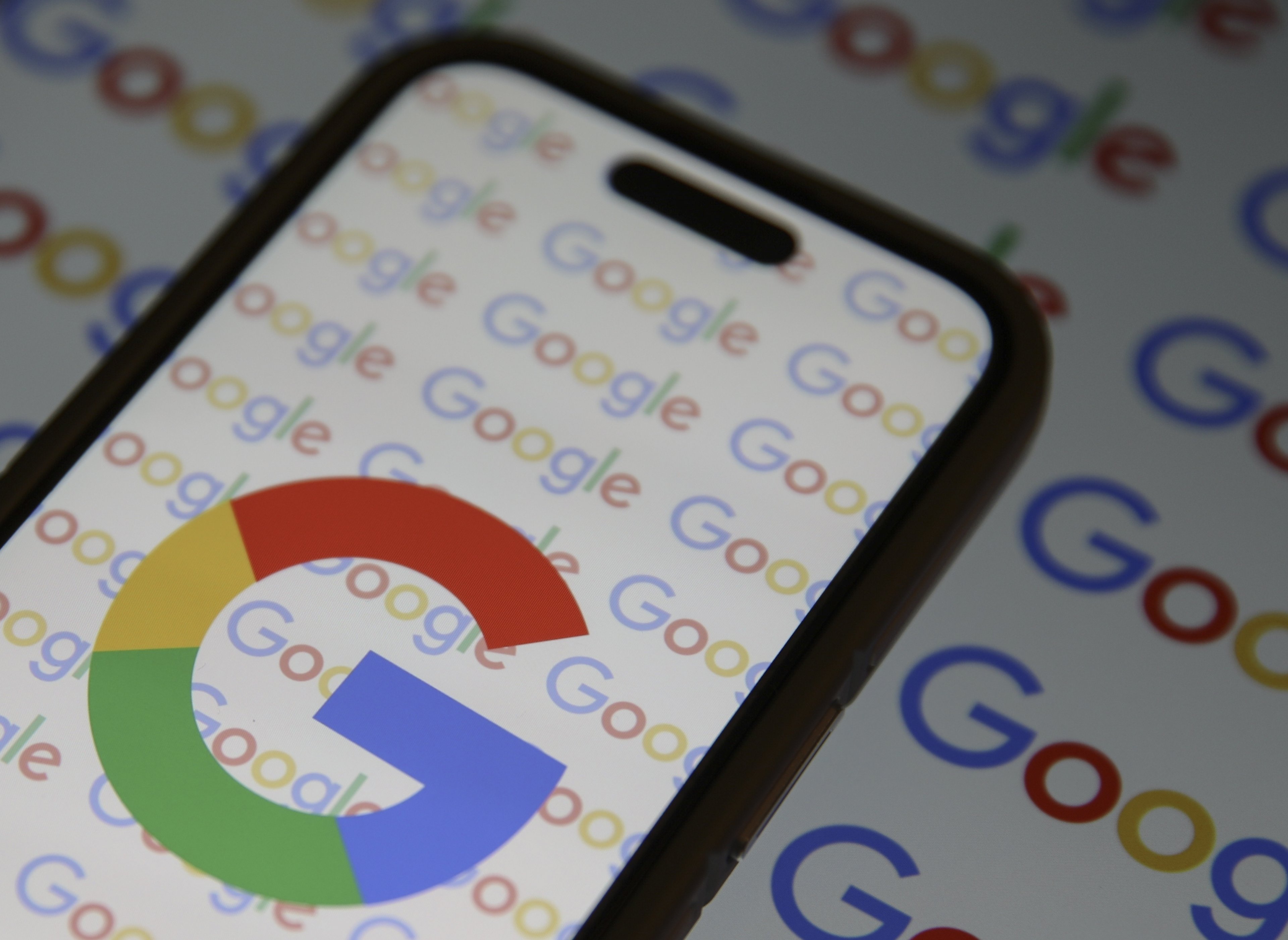Sometimes, being first to enter a market lets a company take over a space before any of its rivals can react. That's what Amazon (AMZN +0.50%) has done with its Echo family of hands-free, voice-controlled speakers. The devices, which have the Alexa artificial intelligence (AI) built in, were the first of their kind, and they created what has become a growing category.
Seemingly every major company has plans to enter this space. Apple has its HomePod with Siri (which goes on sale in December), a number of companies plan to offer smart speakers using Microsoft's Cortana, and even Samsung plans to try to compete. It's a market, however, where the battle may already be down to two contestants: Amazon with its dominant Echo line and Alphabet (GOOG +0.96%) (GOOGL +1.02%) with Google Home.

Amazon dominates the smart speaker space. Image source: Amazon.
How close is the race?
If this were a road race, Amazon would be winning handily, while Google would be well behind. Everyone else would have pulled a hamstring just past the starting line or forgotten what day the race was.
Echo was on the market for nearly two years before its first major competitor -- Google Home -- even launched. That allowed Amazon to perfect Echo, first selling it only to select Prime members at half of its initial $199 selling price -- then slowly rolling it out to the masses. That let the company work out many of the kinks, while also expanding the line to offer the lower-priced Dot and the mid-priced Tap.
Amazon Echo has sold 15 million units while Google Home has sold 5 million, according to a just-released study done by Consumer Intelligence Research Partners (CIRP). That report had a relatively small sample size of 300, but its findings were backed up by a larger study from NPR and Edison Research released in August that showed 76% of U.S. homes with a smart speaker having Echo devices, while 16% were Google only, and 8% had both.
The NPR/Edison report, which surveyed 1,620 Americans, also estimated the total smart-speaker market in the U.S. to be about 20 million homes. Other contenders may rise, but they are starting at a considerable disadvantage.
What's next for smart speakers?
Apple has shown that it can take at least niche market share with a higher-priced, high-end product. That suggests HomePod could become a small player in the way that Apple TV and the Mac have built an audience in the streaming and computer markets. It's also too early to count out Microsoft because while it struggled with Windows Phone, it has succeeded -- at least on a limited level -- with its Surface tablets and laptops.
The challenge for any new player is that Amazon offers high-functioning, elegantly designed products at affordable price points. Alexa works really well and its lead in installed user base has led to third-party developers being eager to develop apps, or what Amazon calls "skills" for the platform.
Whether it's Google Home, Apple's HomePod, a Cortana-powered device, or any other player in this space, you have to wonder if any company can give consumers a clear reason to buy their device over Amazon's.








